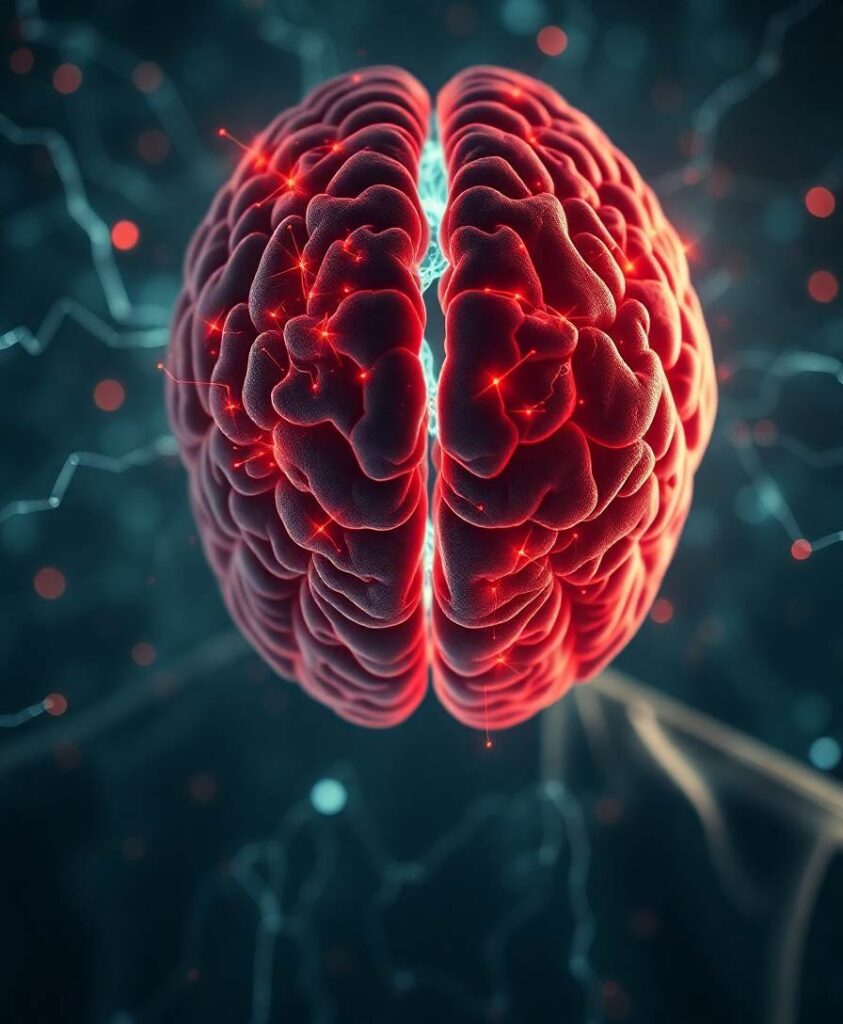Several cognitive training programs, alone or in combination with non-invasive brain stimulation have been tested in order to ameliorate age-related cognitive impairments, such as the ones found in Mild Cognitive Impairment (MCI). However, the effects of Cognitive Training (CT) – combined or not – with several forms of non-invasive brain stimulation have been modest at most.
We aim to assess if Speed of Processing (SoP) training combined with alpha transcranial alternating current stimulation (α-tACS) is able to increase speed of processing as assessed by the Useful Field of View (UFOV), when comparing to SoP training or active α-tACS alone. Moreover, we want to assess if those changes in speed of processing transfer to other cognitive domains, such as memory, language and executive functioning by using the NIH EXAMINER. We also want to test the mechanisms underlying these interventions, namely brain connectivity and coherence as assessed by electroencephalography (EEG). To that purpose, our proposal is to enroll 327 elders diagnosed with MCI in a double-blinded, parallel randomized clinical trial assessing the effects of combining SoP with alpha endogenous tACS (either active or sham) in people with MCI. Participants will perform an intervention that will last for 15 sessions. For the first three weeks, participants will receive 9 sessions of the intervention, and then will receive 2 sessions per week (i.e., booster) for the following three weeks. They will then be assessed at 1,3 and 6 months after the intervention has ended . This will allow us to detect the immediate, and long term effects of the interventions, as well as to probe the mechanisms underlying its effects. Clinicaltrials.gov registry: NCT05198726.


